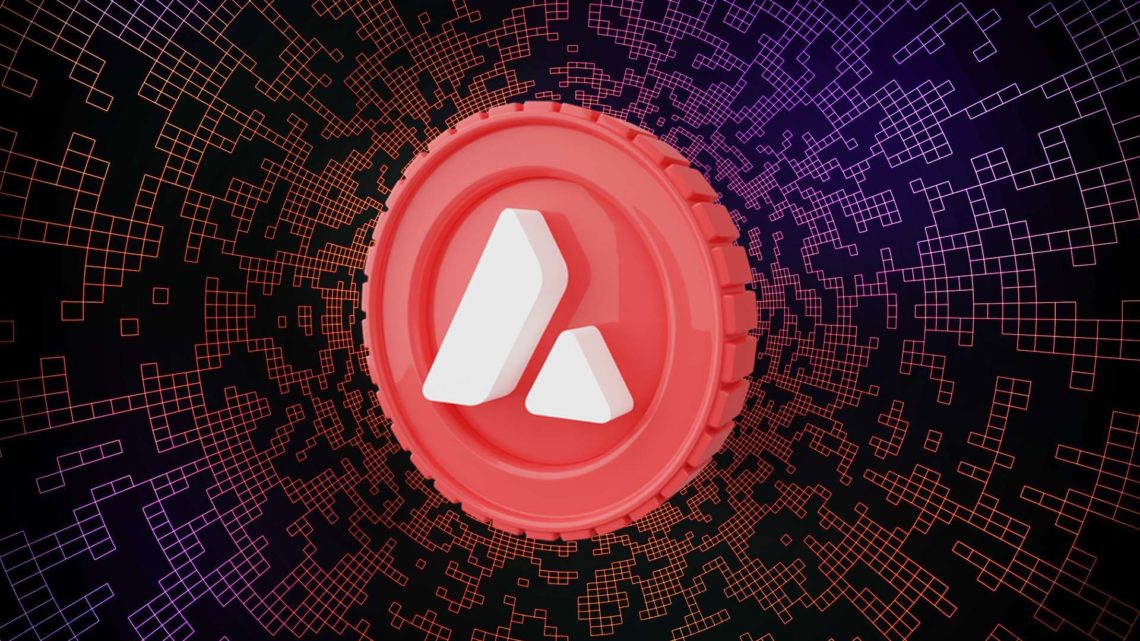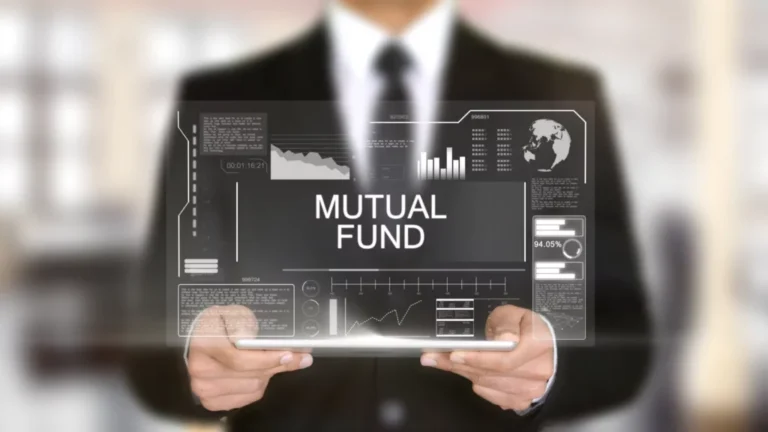
Understanding the concept of RWA in cryptocurrency, which stands for “Real World Assets,” is critical for dealing with the complexity of the digital financial world. RWA refers to actual assets found in the physical world, such as real estate, commodities, and intellectual property rights. Unlike cryptocurrencies, which are totally digital, RWAs have inherent value based on their real-world function. Tokenization converts the rights to these assets into digital tokens on a blockchain on AVAX exchange, allowing for fractional ownership, higher liquidity, and access to a larger investor base. Let us understand the integration of RWAs into the crypto sphere in terms of its benefits and application:
Advantages of RWA Integration in the Crypto Sphere
1. Diversification Opportunities
Integrating Real World Assets (RWAs) into the crypto space provides investors with a broader range of investment alternatives than just digital currency. Rather than depending entirely on cryptocurrency holdings, investors can now diversify their portfolios by getting exposure to other material assets such as real estate, commodities, and intellectual property rights.
2. Enhanced Liquidity
The integration of RWAs increases liquidity within the crypto sphere. By tokenizing real-world assets, investors can easily buy, sell, and trade digital tokens representing these assets on blockchain-based platforms. This ease of transaction facilitates liquidity, allowing investors to access their funds more readily compared to traditional markets.
3. Accessibility to a Broader Investor Base
The accessibility of RWAs through cryptocurrency exchanges broadens investment opportunities to a wider range of investors. Unlike traditional investment avenues that often have high barriers to entry, such as large capital requirements or geographical restrictions, the crypto sphere provides a user-friendly platform for individuals to invest in fractional ownership of real-world assets.
4. Reduction of Investment Friction
The integration of RWAs reduces investment friction associated with traditional markets. Fractional ownership through tokenization allows investors to participate in asset ownership without the need for large capital outlays. Additionally, the streamlined nature of transactions in the crypto sphere minimizes intermediary fees and processing delays, making investment more efficient.
5. Potential for Higher Returns
By diversifying into RWAs, investors may potentially achieve higher returns compared to traditional investment avenues. The increased liquidity and accessibility of tokenized assets enable investors to capitalize on market opportunities more swiftly, potentially generating higher returns on their investments over time.
Applications of RWA in Crypto
1. Real Estate Investment
RWA in crypto revolutionizes real estate investment by allowing individuals to own fractions of high-value properties. With tokenization, investors can buy and trade digital tokens representing shares in real estate assets.
2. Commodity Trading
RWA in crypto enables individuals to buy and sell digital tokens representing various commodities such as gold, silver, or oil. These tokens provide investors with exposure to commodity markets without the logistical challenges of physical ownership or the constraints of traditional trading hours
3. DeFi Integration
Decentralized Finance (DeFi) platforms leverage RWA in crypto to unlock new financial services and products. Users can collateralize real-world assets like real estate or commodities to access loans, earn interest through liquidity pools, or engage in yield farming.
Wrapping Up:
Understanding the significance of RWA in crypto opens doors to diverse investment opportunities. The integration of RWAs into the crypto sphere eventually democratizes investment opportunities by levelling the playing field for retail investors.







